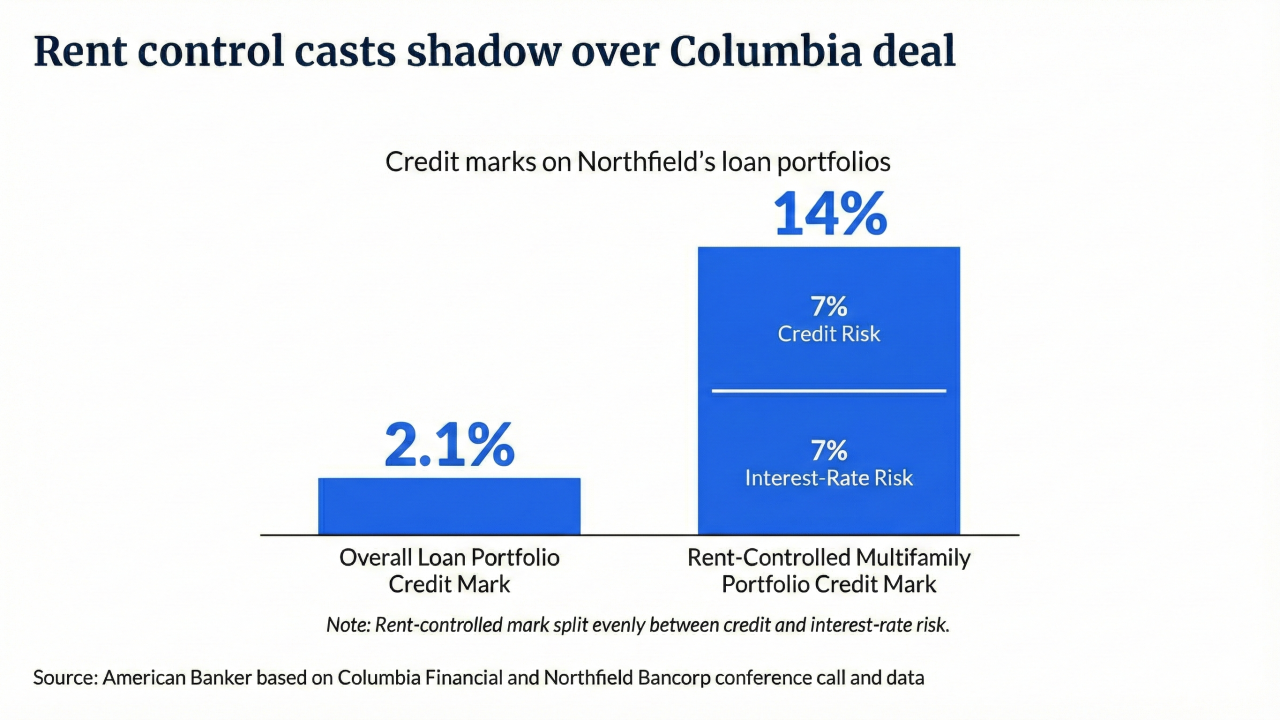After losing some high-profile retail partners for its cobranded cards in recent years, Barclays' U.S. business is coming to market with new offerings such as a private-label card and buy now/pay later.
Barclays replaces Synchrony, The Gap's previous credit card partner, in issuing a new private-label card that will accompany a suite of cobranded cards for the retailer and its related brands — Banana Republic, Athleta and Old Navy.
With The Gap, Barclays US for the first time will offer consumers a standalone private-label credit card that does not operate on an open-loop network like Visa or Mastercard.
“Private-label credit cards are a critical component of the full spectrum of inclusive lending solutions that we will offer,” said Denny Nealon, CEO of Barclays US Consumer Bank.
When The Gap's new credit cards roll out in May, Barclays will automatically direct applicants toward either a general-use cobranded credit card or a card that can be used only at the store, depending on the customer's credit score and income.

The move could expand the audience for Barclays' U.S. cards. In the third quarter of 2021, average U.S. credit card balances on existing accounts fell 4% compared with the same period a year earlier, Barclays' London-based parent company said when announcing its earnings last October.
On the installment loan side, Barclays US eventually hopes to give consumers a total of three different BNPL options. The first is Easy Pay, launched in 2020, enabling card customers to convert any purchase over $100 into an installment loan after the fact.
“Easy Pay usage has steadily increased and we fully expect consumer demand for BNPL solutions to grow throughout 2022 and beyond,” Nealon said.
Last year, Barclays US announced plans to work with the digital-banking startup
Barclays US hopes to be among the first banks to support
These moves come against the backdrop of some high-profile client losses for Barclays.
Uber, which partnered with Barclays US for a digital-first cobranded credit card that allowed users to
Barclays US lost another high-profile cobranded card partner in September 2020 when the tech giant Apple went to Goldman Sachs as the issuer of its Apple Card.
Barclays is now focused on an assortment of more stable, middle-market travel and retail cobranded card partners while working to stay competitive by modernizing its online and in-store financing options, Nealon said.
Barclays US has 21 cobrand partners including American Airlines, JetBlue, Choice Hotels, Wyndham Hotels and Resorts and Carnival Cruise Line, and the issuer is working to diversify its mix of merchant partners and be more inclusive with card offers, Nealon said.
Last year, Barclays US replaced JPMorgan Chase as the issuer of AARP’s cobranded credit card. The company said its new accounts also rose through the first three quarters of 2021.
Considering the effects of the pandemic and rising inflation, Barclays US could benefit from this strategy of going after middle-income consumers with practical cobranded cards that generate rewards and typically have no annual fee, said Gina DeCorla, a senior research analyst at Curinos, which provides consumer data and market research to financial institutions.
“There’s definitely room for middle-tier credit cards to grow as people watch their costs. And with COVID-19 continuing to make travel plans so uncertain, people might be leaning toward lower-cost or local travel options,” she said.
To support its various initiatives, Barclays US recently announced it's hiring 1,000 new employees to begin during the next 18 months in various regions including at its U.S. headquarters in Wilmington, Delaware.
Cobranding will continue to be the company's core strategy, Nealon emphasized, noting that since entering the U.S. market in 2004 with the purchase of one of the first digital banks, Juniper Financial, Barclays US has become the ninth-largest U.S. credit card issuer, with 10 million customers, despite having no branches.
"We continue to invest in our proven partnership model with new and existing partners to fuel our growth ambitions here," Nealon said.





